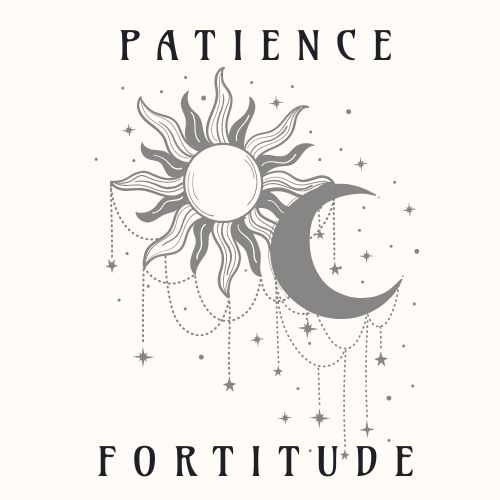A friend of mine recently tweeted about Robert Downey Jr., pointing to a vid clip where he talks openly and honestly about money-making in the movies, something most actors would rather cut their nose off than do. Our conversation about that tweet made me realize something important about myself: I am honest for the sake of integrity.
Note: Honesty and integrity are not the same thing.
We all know RDJ is a rarity in the business, not just for his talent but because of the horrific mess he made of his celebrity in the 1990s and the even more impressive comeback he managed to pull off over the last ten years. I mean, this man did jail time and lost everything more than once because of his addictions…and not once did he ever try to play it off as anything other than it was.
We know him for his awesome acting abilities and the scandals associated with his name; we admire his comeback while being jealous of his fortunes (financial and personal – his wife Susan is simply amazing!); we laugh as his entertaining antics; we cringe at his honesty; we are in awe of his integrity.
I think, at a subconscious level, I have modeled my own approach to my history and frailties on him.
I have actually been criticized for the brutal honesty of Grieving Futures, the idea being that I am making myself too vulnerable. I open myself up to criticism by speaking honestly about my failures and mistakes, and I know that. I’m not sure that not doing so makes me any less vulnerable though; after all, if the fault line exists, no amount of plaster spackling over the top of it is going to change that fact.
RDJ gets this. He knows that not only are people fully aware of the insane, stupid, dangerous things he’s done but they probably have pictures of him doing it. What is the point of him white washing a severe addiction and failed rehab attempts under the guise of something else? Much less trying to downplay them, or hide them?
He could be honest without integrity; he could say, “yeah, I did those things, but…” and write it off to a mental illness he doesn’t have, or try to downplay it as youthful antics, or hide his stints in rehab as hospitalizations for flu-like symptoms (we’ve all read those celebrity stories before, haven’t we?). But he hasn’t done that, and the result is that he can be forthright about everything with no fear. He can talk honestly about the movie industry because what can it do to him that he hasn’t been done?
What does RDJ have to fear? Himself, mostly. Not much else.
And this is true for all of us. If we are honest with integrity, then no arrow can pierce our armor. No one can hold my behavior over my head as a poor example of humanity or as some kind of weakness because, hell, I beat you to it. My grief was not pretty or poetic. I could lie and try to paint my pain with pastel colors in order to give others false hope, or I could try to make myself look far more competent in my dealings with it than I ever really was. What good does that serve? Does that help anyone? Does that do a single thing other than make me less of a person?
So, Grieving Futures is hard to read. It’s brutal. It’s not my best work and it’s not a kind reflection on my life. But it is honest through and through. It has integrity.
I would not have you see me any other way.
#
